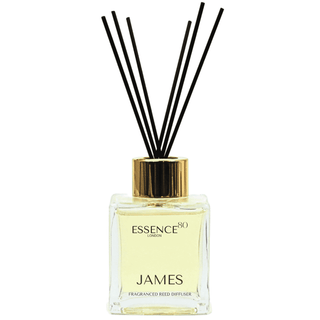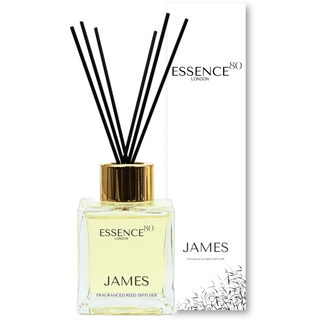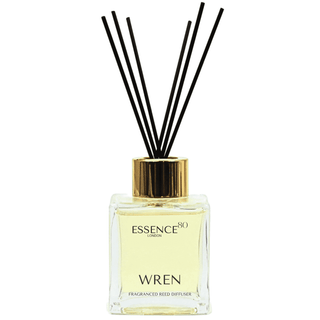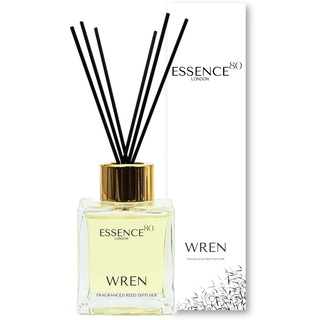Throughout history, people have been captivated by scents and their ability to evoke emotions, memories, and desires. Perfume, an artful blend of aromatic compounds and natural essences, has played an essential role in human civilization, dating back thousands of years. From ancient rituals to modern luxury, the history of perfume is a fascinating tale of innovation, culture, and sensory delight.
- Ancient Origins:
The roots of perfumery can be traced back to ancient civilisations like Egypt, Mesopotamia, and the Indus Valley, where aromatic substances were used in religious ceremonies, burial rituals, and medicinal practices. The Egyptians were pioneers in the art of perfumery, creating fragrances from exotic botanicals like myrrh, frankincense, and cinnamon. Perfumes also held symbolic significance, and they believed that scents played a crucial role in their journey to the afterlife.
- Perfume in Ancient Greece and Rome:
The Greeks and Romans inherited the knowledge of perfumery from the Egyptians and expanded upon it. They introduced various fragrance extraction techniques, including distillation and enfleurage, to produce fragrances from flowers and plants. Perfumes became a status symbol among the elite and were widely used in their lavish bathhouses.
- The Perfume Renaissance:
The Middle Ages saw a decline in perfumery in Europe due to the rise of the church's disapproval of indulgence. However, with the advent of the Renaissance, a renewed interest in art, science, and culture brought perfume back into the limelight. The Italian city of Florence became a center for perfumery, with the Medici family supporting the industry's growth. Perfume bottles and packaging also evolved into beautiful works of art during this period.
- The Age of Enlightenment and Modern Perfumery:
As the world entered the Age of Enlightenment, advancements in chemistry revolutionized the perfume industry. In 1690, the first alcohol-based perfume was created by Giovanni Paolo Feminis, leading to a significant shift in fragrance formulation. In the 19th century, renowned perfumers like Guerlain, Houbigant, and Chanel emerged, introducing iconic scents that still hold relevance today.
- The Influence of the East:
During the 19th and early 20th centuries, the European perfume industry was profoundly influenced by the exotic scents of the East, particularly India and the Middle East. Fragrances like sandalwood, jasmine, and oud found their way into Western perfumery, adding new dimensions to the olfactory palette.
- The Modern Perfume Industry:
The 20th century marked a turning point in the perfume industry's commercialisation. Perfumes were no longer reserved for the elite, thanks to mass production and marketing. Iconic perfumes like Chanel No. 5, created by Ernest Beaux in 1921, and Dior's Miss Dior in 1947 became instant classics, revolutionizing the world of fragrance.
- Exploring Niche Perfumery:
As the 21st century unfolded, a new wave of perfumers emerged, creating niche and artisanal fragrances. These perfumers focused on unique, unconventional blends, catering to individuals seeking exclusive scents that tell a story. Niche perfumery brought back the artistry and craftsmanship of perfumery, making it a truly personalized experience.
The history of perfume is an enchanting tale of cultural heritage, scientific innovation, and artistic expression. From ancient rituals to modern luxury, perfumes have left an indelible mark on human civilization. As we continue to explore the world of scents, one thing remains certain – perfume will forever hold its allure, weaving its aromatic magic across generations to come.












